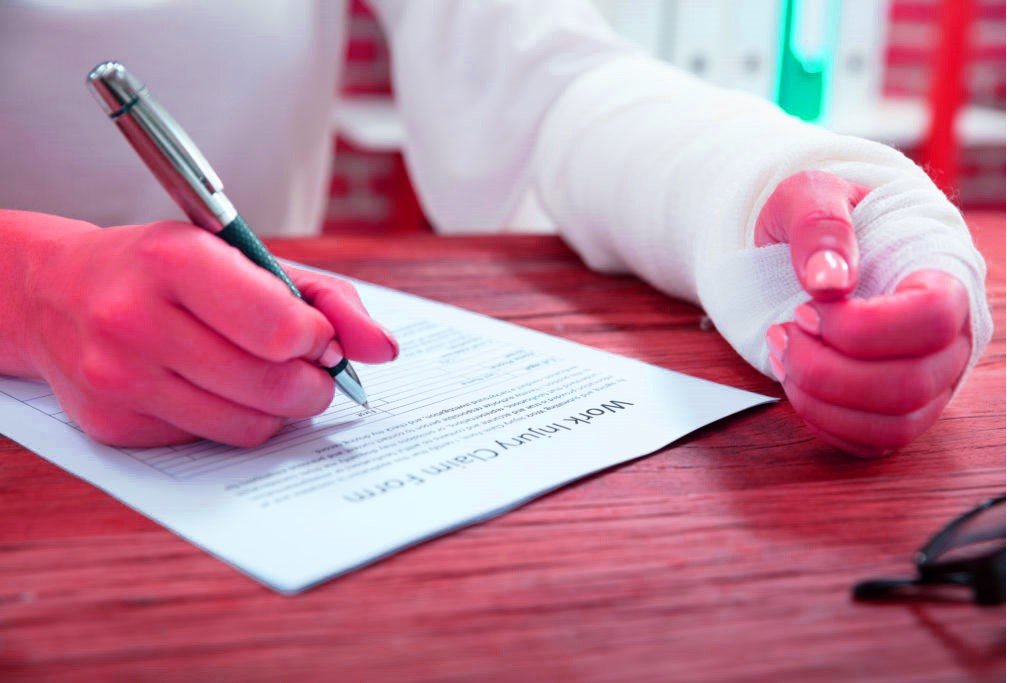What To Do When You See Drunk-Driving On the Road (2023)

Drunk-driving is a significant threat on the road, and it is crucial to take action when you witness someone driving under the influence. Knowing what to do can save lives, prevent injuries, and ensure justice is served. This article will outline the steps you can take when you see a drunk driver on the road.
Contents
- 1 The Importance of Taking Action
- 2 Signs of Drunk Driving
- 3 Steps to Take When You See a Drunk Driver
- 4 Calling 911 and Providing Information
- 5 Pulling Over Safely and Waiting for Help
- 6 Dealing with Your Emotions
- 7 Prevention and Education
- 8 Legal Consequences for Drunk Driving
- 9 Supporting Victims of Drunk Driving
- 10 Conclusion
- 11 FAQs
The Importance of Taking Action
Drunk driving is a leading cause of accidents, injuries, and fatalities on the road. According to the National Highway Traffic Safety Administration (NHTSA), 10,142 people died in alcohol-impaired driving crashes in 2019, representing 28% of all traffic fatalities in the United States. It is crucial to take action when you see someone driving under the influence to prevent accidents and save lives.
Signs of Drunk Driving
The signs of drunk driving can vary, but some common signs include swerving, erratic driving, drifting, tailgating, speeding, braking abruptly, driving on the wrong side of the road, and nearly hitting other vehicles or objects. If you notice any of these signs, it is essential to take action immediately.
Steps to Take When You See a Drunk Driver
Keep a safe distance
If you suspect someone is driving drunk, keep a safe distance from the vehicle to avoid getting involved in an accident.
Do not attempt to stop the driver
Do not try to stop the driver yourself, as it can be dangerous and put you and other drivers at risk.
Call 911
Call 911 immediately and provide the operator with as much information as possible, such as the make and model of the car, the license plate number, the direction of travel, and a description of the driver’s behavior.
Provide accurate information
Provide the operator with accurate information about the location of the car, including the street name, nearby landmarks, and the direction of travel.
Follow instructions
Follow any instructions the operator provides and stay on the line until the operator advises you to hang up.
Do not pursue the driver
Do not follow the driver, as it can be dangerous and put you and other drivers at risk.
Pull over safely and wait for help
If you feel unsafe, pull over to a safe location and wait for help to arrive.
Calling 911 and Providing Information
When you call 911, it is crucial to provide accurate and detailed information to help the operator and the police respond quickly and effectively. The more information you can provide, the better. Here are some tips to follow when calling 911:
- Stay calm and speak clearly.
- Provide your name and location.
- Describe the location of the drunk driver, including nearby landmarks and intersections.
- Provide a description of the vehicle, including the make, model, and license plate number.
- Describe the driver’s behavior, including any signs of impairment
Pulling Over Safely and Waiting for Help
If you feel unsafe while following a drunk driver, pull over to a safe location and wait for help to arrive. You can pull over to a parking lot, gas station, or any other safe location away from the road. It is crucial to avoid confronting the driver or following the vehicle as it can be dangerous and put you and other drivers at risk.
Read More: 8 Steps To Avoid Being Injured in a Drunk Driving Accident
Dealing with Your Emotions
Witnessing a drunk driver on the road can be a traumatic experience, and it is normal to feel a range of emotions, such as fear, anger, and sadness. It is crucial to take care of yourself and your mental health after witnessing a drunk driving incident. Here are some tips to help you cope with your emotions:
- Take deep breaths and try to stay calm.
- Talk to someone you trust about your experience.
- Seek professional help if needed.
- Practice self-care, such as exercise, meditation, and sleep.
Remember, taking care of yourself is essential, and seeking help is a sign of strength.
Read More: 4 Concerns That Prestonsburg Drivers Have When on the Road
Prevention and Education
Preventing drunk-driving requires a collective effort from the government, law enforcement, communities, and individuals. Education and awareness campaigns can help raise awareness about the dangers of drunk-driving and encourage people to make responsible choices. Some tips to prevent drunk driving include:
- Plan ahead and designate a sober driver.
- Use ride-sharing services or public transportation.
- Don’t let friends drive-drunk.
- Report drunk drivers to law enforcement.
Remember, preventing drunk-driving is everyone’s responsibility, and every action counts.
Legal Consequences for Drunk Driving
Driving under the influence of alcohol or drugs is a serious offense, and the legal consequences can vary depending on the state and the severity of the offense. Some consequences of drunk-driving may include:
- License suspension or revocation
- Fines and court costs
- Jail time
- Ignition interlock device
- Community service
- Mandatory alcohol or drug treatment programs
- Civil lawsuits
Remember, the legal consequences of drunk-driving can be severe and can impact your life in many ways.
Supporting Victims of Drunk Driving
Drunk-driving accidents can have a devastating impact on victims and their families. If you or someone you know is a victim of a drunk-driving accident, there are resources and support available. Some organizations that offer support for victims of drunk driving include:
- Mothers Against Drunk-Driving (MADD)
- National Safety Council (NSC)
- National Highway Traffic Safety Administration (NHTSA)
Remember, supporting victims of drunk-driving is crucial, and every action can make a difference.
Conclusion
Witnessing a drunk-driver on the road can be a scary experience, but taking action can save lives and prevent accidents. If you see a drunk-driver, keep a safe distance, call 911, provide accurate information, and pull over safely. Remember, preventing drunk-driving is everyone’s responsibility, and every action counts.
FAQs
- How do I know if someone is driving-drunk?
- Look for signs of erratic driving, such as swerving, drifting, and speeding.
- What should I do if I see someone I know driving-drunk?
- Encourage them not to drive and offer to call a ride-sharing service or drive them home.
- Can I get in trouble for reporting a drunk-driver?
- No, you cannot get in trouble for reporting a drunk-driver. Reporting a drunk driver is the right thing to do.
